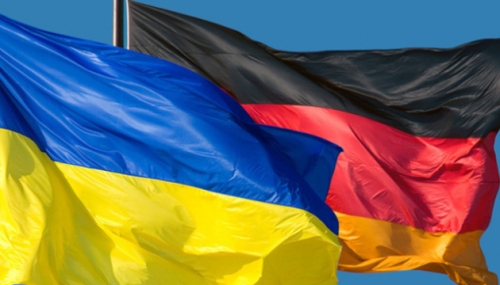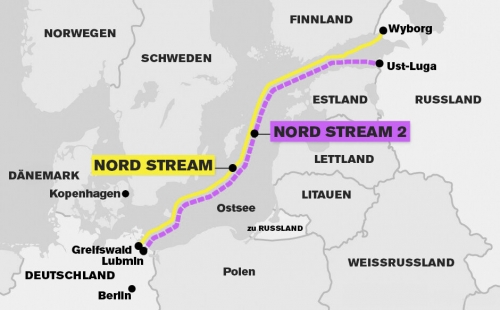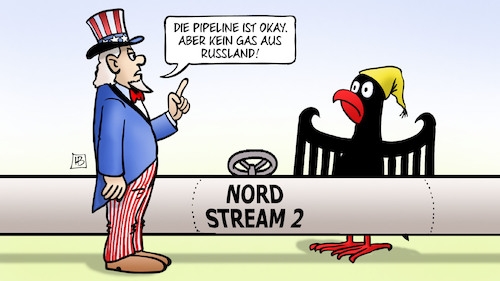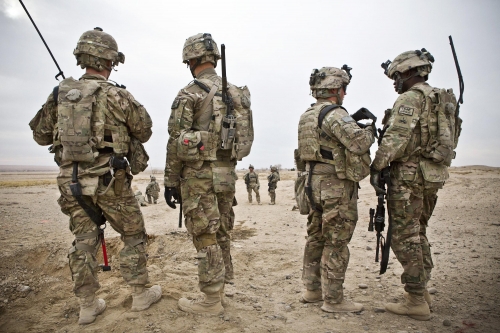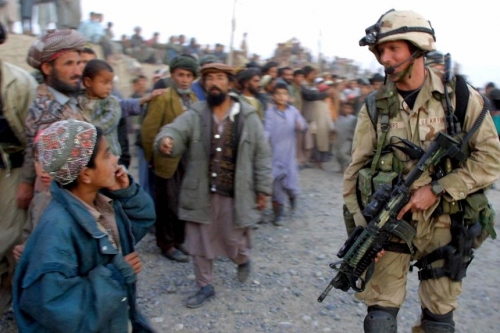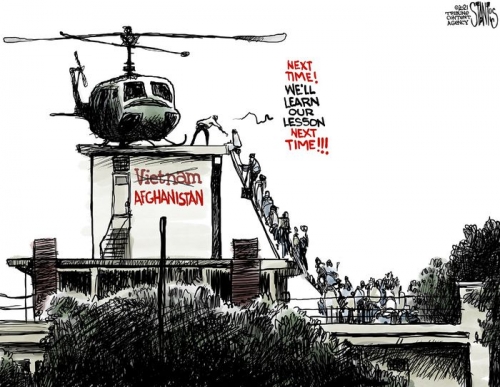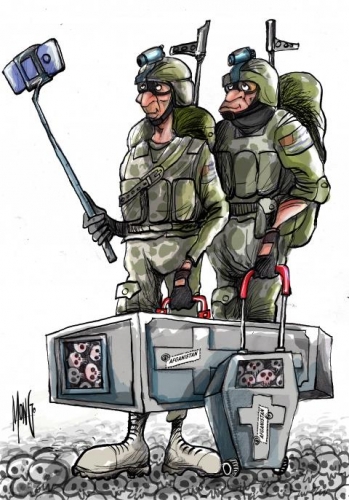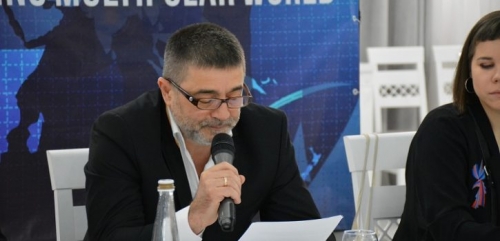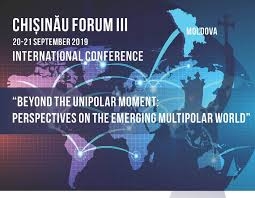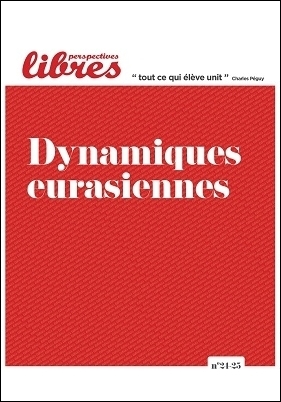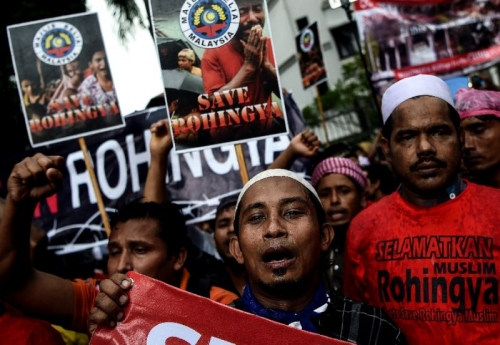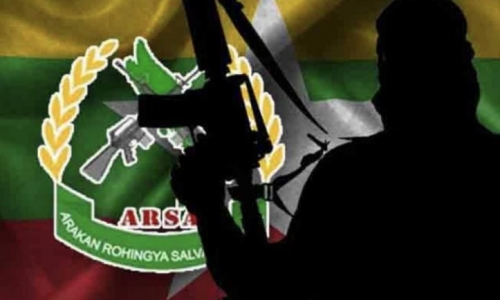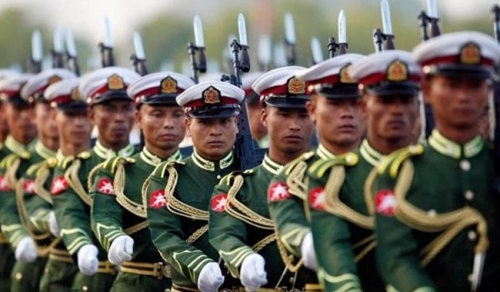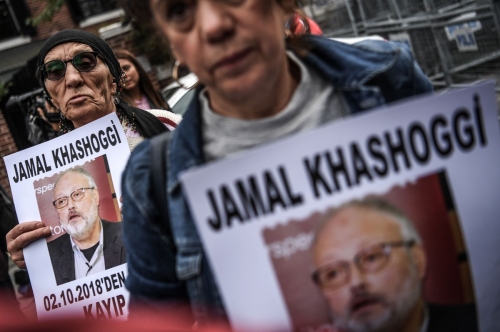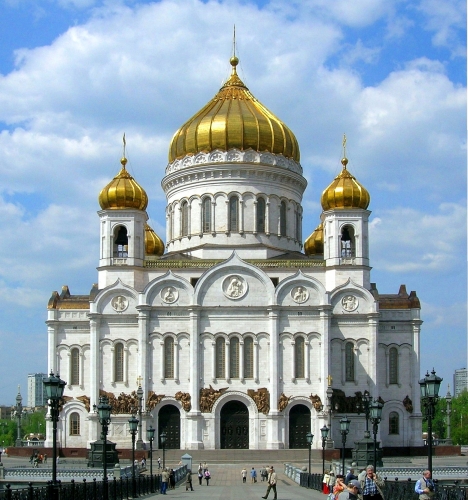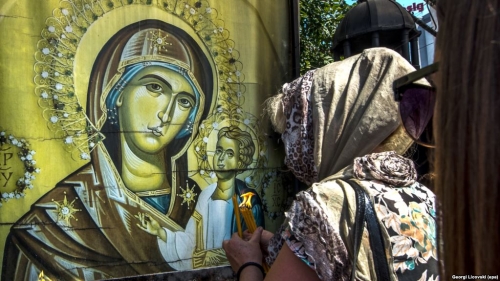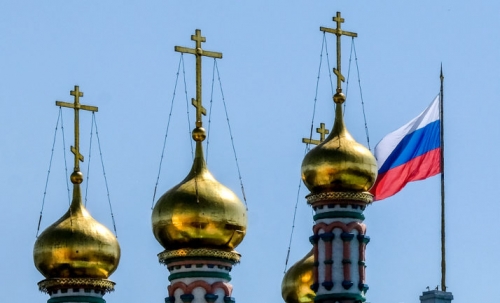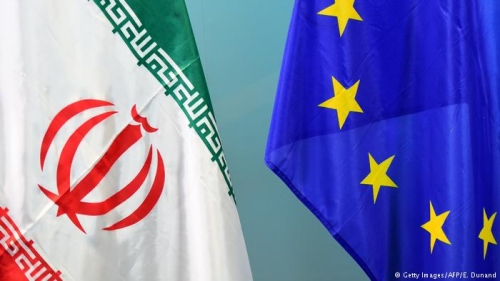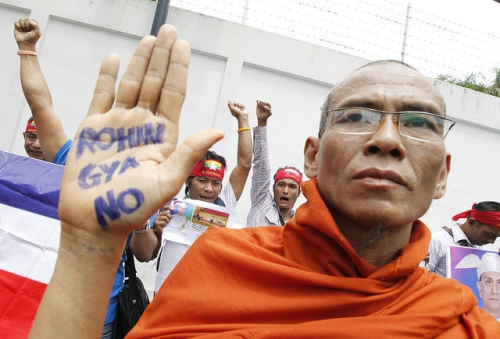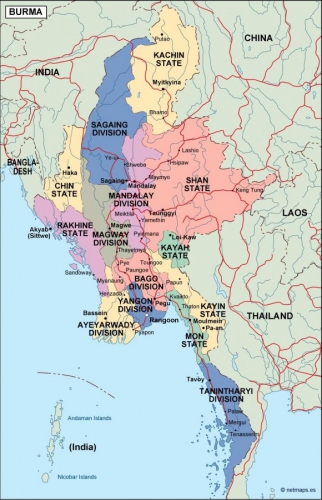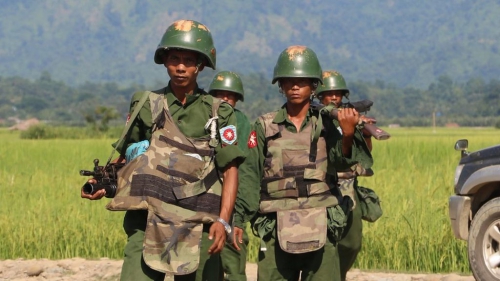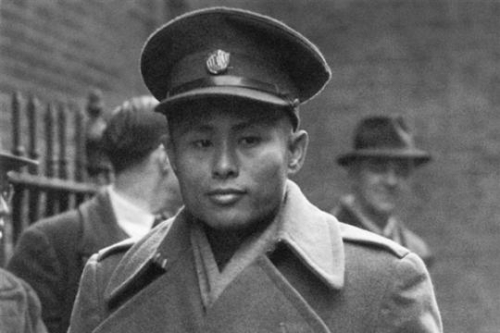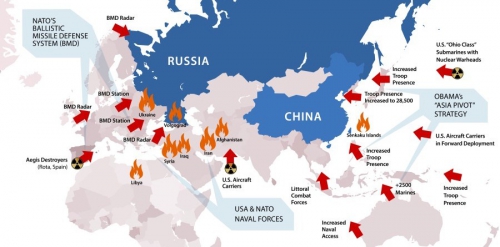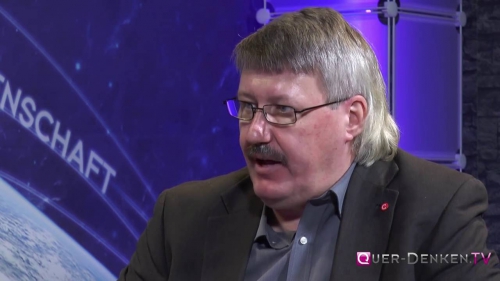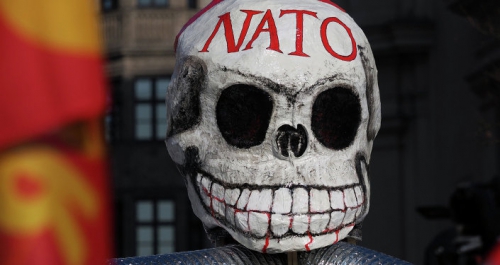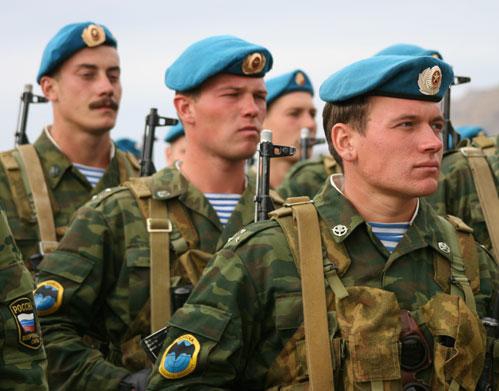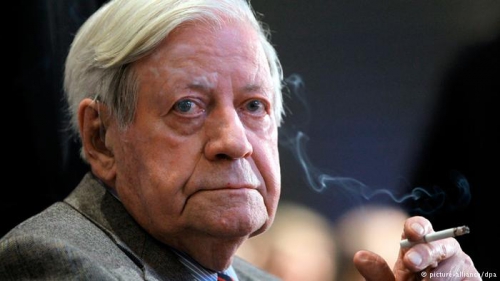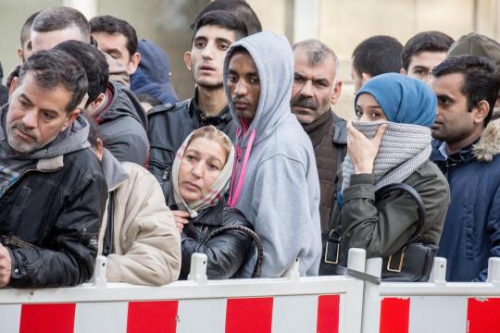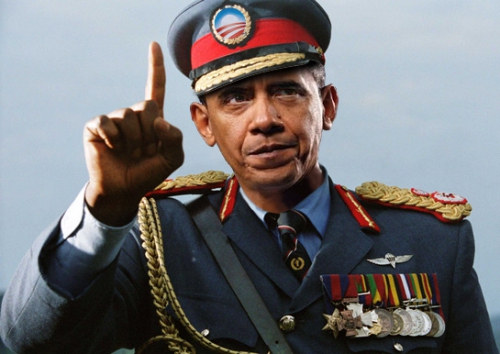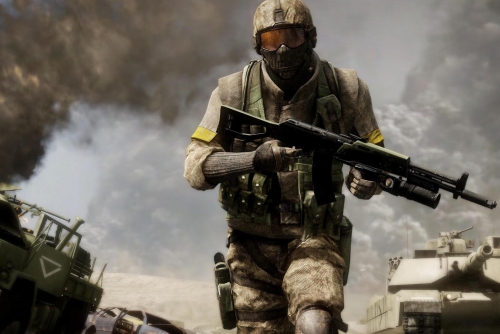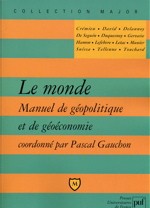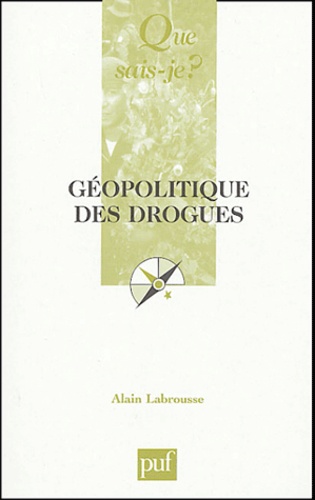AUßENPOLITISCHES
Tod Eric Garners
US-Polizist entgeht Anklage nach tödlichem Einsatz
Tausende haben in New York und Washington gegen Polizeigewalt protestiert. Der Anlass: Ein weißer Polizist, der einen Schwarzen erwürgt hatte, muss nicht vor Gericht.
US-Protest gegen Rassismus und Polizeigewalt
"Keine Gerechtigkeit, kein Frieden"
(Von unseren Medien kaum beachtet schwelt der Konflikt auf anderer Seite. Polizisten fühlen sich von der "antirassistische" Ressentiments bedienenden Politik verraten. Das politisch gleiche Muster wie in Deutschland, also.)
USA: Rachemord für Polizeigewalt – Zehntausende zu Beerdigung von Rafael Ramos erwartet
Zehntausende Polizisten nehmen Abschied
Umgebrachter New Yorker Polizist beigesetzt
Zehntausende Polizisten haben in New York an der Beisetzung ihres umgebrachten Kollegen Rafael Ramos teilgenommen. Er und ein Kollege waren von einem Schwarzen getötet worden, offenbar als Racheakt nach dem Tod mehrerer Schwarzer durch weiße Beamte.
Umstrittene Resolution
Republikaner Ron Paul klagt an: "US-Kongress erklärt Russland den Krieg"
Empörung über CIA-Folterungen
Heuchelei einer Weltmacht
von Henning Hoffgaard
Juristische Aufarbeitung: Warum die CIA-Folter ungesühnt bleiben wird
Kein Interesse an Aufklärung? – Die Rolle Europas bei der CIA-Folter
Erneut erwischt bei Zuschauermanipulation: ARD-Tagesthemen verharmlosen und relativieren CIA-Folter
Nach CIA-Folterbericht
Europa muss anklagen
51 Prozent der US-Amerikaner befürworten Folter
CIA-Dokument Anleitung zum gezielten Töten
Dubai-Omen sagt globalen Börsencrash voraus
Dubai, Katar, Saudi-Arabien: An den Börsen der ölreichen Golfregion sacken die Kurse plötzlich in den Keller. Der freie Fall des Ölpreises löst eine Panik aus. Die Krise dort könnte zu unserer werden.
In China produziert Rekordfund falscher Euro-Münzen in Italien
Hunderttausende falscher Münzen fand die italienische Polizei in Containern aus China. Das ist wesentlich mehr als sonst im gesamten Euroraum über das Jahr entdeckt wird.
Schweizer Notenbank führt Negativzinsen ein
Bald ohne Bargeld?
von Prof. Thorsten Polleit
Soziale Ungleichheit
Warum das iPhone Schuld an der Armut ist ...
Analysten warnen vor "perfect storm"
30 Prozent Wertverlust: Jetzt verkommt der Euro zur "Ramsch-Währung"
Immobilien
Die teuersten Wohnorte der Welt
Immobilien in München sind teuer. Doch im Vergleich zu Städten in anderen Ländern sind sie fast schon ein Schnäppchen. In New York oder Monaco zahlt man nicht selten über 100.000 Euro – für einen einzigen Quadratmeter.
Neuwahlen in Griechenland: Jetzt fängt die Eurokrise erst richtig an
Von Giorgos Christides, Thessaloniki
In Griechenland gibt es vorgezogene Neuwahlen - die linksradikale Syriza hat gute Chancen auf einen Sieg. Parteichef Tsipras will das deutsche Spardiktat in der Eurozone beenden und einen Schuldenschnitt erreichen.
Griechenland vor Neuwahl: Na dann viel Glück, Herr Tsipras
Ein Kommentar von Christian Rickens
Nach Aus für South Stream: Ungarn will Gas unter Umgehung der Ukraine importieren
Abkommen mit Abchasien: Russland stärkt seine Position im Südkaukasus
Russland-Krise: Deutschland zahlt weltweit den höchsten Preis
Rußland
Der Staat soll für Ordnung sorgen
Autonomie für Schottland
London und Edinburgh streiten um Kompetenzen
Frankreich
Elsässer protestieren gegen Gebietsreform
"Elsass den Elsässern": Die französische Regierung will im Zuge einer Gebietsreform das Elsass mit anderen Regionen zusammenlegen. Dagegen regt sich in der Provinz an der Grenze zu Deutschland heftiger Widerstand.
Finnland als Brutstätte für Dschihad-Krieger
Frankreich
„Allahu Akbar”: Mutmaßlicher Islamist rast in Menschenmenge
Irak
IS-Kämpfer enthaupten christliche Kinder
Gräueltat auf öffentlichem Platz
IS enthauptet Mann wegen Vorwurfs der Hexerei
Islamischer Terror
Taliban töten über achtzig Kinder
Atheismus im Mittleren Osten
Eine postislamistische Generation?
Von Neukaledonien nach Kanaky
Ein französisches Überseegebiet auf dem Weg zu immer mehr Unabhängigkeit
Uruguay
‘World's Poorest President' Explains Why We Should Kick Rich People Out Of Politics
INNENPOLITISCHES / GESELLSCHAFT / VERGANGENHEITSPOLITIK
Ungleiche Lebenseinkommen
Forscher warnen: Der Mittelschicht geht das Geld aus
Lebenseinkommen im Generationenvergleich
Ungleichheit hat sich verdoppelt
Hauskauf wird in Deutschland zum Steuer-Albtraum
Rundfunkgebühren: 60.000 Zwangsvollstreckungen im Monat
(Fahimis neueste Kopfgeburt)
Wahlwochen im Winterloch
"Die Partei" propagiert "Fuck AfD"
Parteien verlieren Mitglieder - außer der AfD
Werben um ausländische Fachkräfte
FDP-Politiker Lambsdorff fordert Englisch als zweite Amtssprache
(Einfallstor für Internetzensur?)
Islamischer Terrorismus
Internetunternehmen sollen Islamisten stoppen
Fall Edathy
SPD im Glashaus
von Michael Paulwitz
Edathy belastet SPD-Politiker
Edathy legt nach
(Sie fordern aber keine Entschädigung für deutsche Gefangene in der Sowjetunion. Das zeigt einmal mehr, welchen Herren sie dienen. Jedenfalls nicht dem eigenen Volk.)
Zweiter Weltkrieg
Linkspartei fordert Entschädigung für sowjetische Kriegsgefangene
Gedenkstein am Marstallplatz
Trümmerfrauen-Denkmal: Grüner fordert Beseitigung
Geschichtspolitik
Direktor der Vertriebenenstiftung muß gehen
(Warum ist vor 1949 juristisch verächtlich, was nach 1949 offenbar einwandfrei ist?...)
Landtag fordert Rehabilitierung von einst verurteilten Homosexuellen
München – Geschichtsmunition für alle
LINKE / KAMPF GEGEN RECHTS / ANTIFASCHISMUS / RECHTE
(Linksradikale gegen Pegida. Das Ende des Versammlungsrechts)
Das Demonstrationsrecht als Ramschware
von Henning Hoffgaard
Dresden, 1. 12. oder Welche Zukunft hat PEGIDA
Linkspartei kritisiert „Pegida“-Demonstrationen
Demonstrationen in Dresden
AfD-Chefin Petry nimmt „Pegida“ in Schutz
Pegida
Rätselraten in Dresden
von Sebastian Hennig
Pegida
Interview
„Unser Ziel sind 10.000“
(Mal wieder was von Alexander Häusler von der FH-Antifa-Forschungsstelle Düsseldorf, diesmal zu Pegida)
Rechtsextremismus-Forscher im Interview
"Das ist ein politisches Pulverfass"
(Und ein Lebenszeichen von Antifa-Autor Andreas Speit)
Nazis in Dresden lahmgelegt
„Pegida“ läuft nicht mehr
Die rechte Demo wird eine Kundgebung. Ein Organisator der Gegendemo bekam Morddrohungen. In NRW gründet sich „Dügida“.
(Der offiziell bundesweit verbreitete dpa-Text…)
Angst um das Abendland?
Demos gegen Flüchtlingsheime, Proteste gegen eine angebliche Islamisierung des Landes, Randale von Hooligans und Rechten. Was braut sich da zusammen? Experten warnen vor gefährlichen Entwicklungen.
(Katholischer Studentenpfarrer gegen "Rechtsextremismus")
Hass-Mails an Friedenspreisträger
„Pegida“-Anhänger attackieren Studentenpfarrer Burkard Hose
Ein „breites Bündnis“ gegen PEGIDA in Dresden – was ist das eigentlich?
Tillich unterstützt Proteste gegen „Pegida“
Heute ist man Antifa. Doch einst wollte die CDU selbst die "abendländische Kultur" retten. Siehe dieses Wahlplakat:
Aufmarsch in Dresden: 10.000 Islamfeinde bei Pegida-Demo
Mehr als 10.000 bei „Pegida“-Demonstration
Bundesjustizminister fordert All-Parteien-Bündnis gegen „Pegida“
Tillich attackiert „Pegida“ und AfD
"Neonazis in Nadelstreifen"
Ralf Jäger verteidigt seine Aussagen zu "Pegida"
Maas verurteilt „Pegida“ als „Schande für Deutschland“
Scharfe Kritik an neuer Bewegung
Hannelore Kraft nennt "Pegida"-Organisatoren Rattenfänger
„Nationalisten und Rassisten“
Oppermann ruft zum Kampf gegen Pegida auf
Auch ich war gestern eine „Schande für Deutschland“
Offener Brief an den Bundesjustizminister in Berlin
Fundstück: Ein Flugblatt gegen die PEGIDA
Der Demonstrant Markus Ulbig
PEGIDA und Wolfgang Bosbach: Ab durch die Mitte
Werner Patzelt und Byung-Chul Han als Pegida-Versteher
Ein Lied für die PEGIDA
Der etablierte Machtblock gerät in Panik
Die Volksmassen in Dresden verändern Deutschland
JF-TV veröffentlicht Film-Dokumentation über Pegida
Video
Pegida in Dresden: „Wir kommen wieder!“
(Steuergeldverschwendung)
Zehn Euro/Stunde für PEGIDA-Gegner
Screenshot:
NDR interviewte falschen Pegida-Demonstranten
Undercover in Dresden: Die dubiosen RTL-Methoden bei Pegida-Recherchen
Kommentar zu Pegida
Aufstand der Anständigen
Interview zu Pegida
Patzelt: Demonstranten nicht als Rechtsradikale abtun
Dokumentation
So reagiert die Politik auf den Pegida-Erfolg
BOGIDA Demo Bonn 15.12.2014 - Rede Akif Pirincci – 1
Bogida -Demo in Bonn am 15.12.2014
("Antifa"-Journalist Hanning Voigts in der "Frankfurter Rundschau")
Pegida-Ableger in Frankfurt Widerstand gegen Fragida
Pegida und das Beben im Parteiensystem
von Michael Paulwitz
Bürgerschubser
Ähnliche Sympathiewerte in Ost und West
Kirchen distanzieren sich von "Pegida"
Hessen
Haushaltsdebatte
Landtag besorgt wegen Anti-Islam-Demos
(Zu Pegida und AfD)
Kommentar: Dämlicher geht's nicht
Wenn Opfer demonstrieren
Kommentar: Pegida in Dresden
DDR-Oppositionelle über Pegida
„Jesus hätte gekotzt“
Einstige DDR-Bürgerrechtler wenden sich gegen die „Wir sind das Volk!“-Attitüde der Rechtspopulisten. Sie wollen Widerstand gegen sie anregen.
(Dazu ein Kommentar von Vera Lengsfeld)
Nicht in meinem Namen!
Der Inhalt der Enthaltung – Schweigen mit Pegida
„Glücklich der Staat, der solche Bürger hat!“ – AfD-Landeschef Björn Höcke im Gespräch über die Pegida
(Die Propagandamaschine läuft…)
Vorurteile gegen Ausländer, die nicht stimmen
Ausländer nehmen den Deutschen die Arbeitsplätze weg und sind besonders kriminell – Vorurteile wie diese gibt es nicht erst seit den Demonstrationen von "Pegida" und "Dügida". Doch hinter den Parolen steckt wenig Substanz.
Warnung vor Pegida-Bewegung: Zentralrat der Juden stellt sich hinter Muslime in Deutschland
Pegida und das Schweigen
Hetze, Hysterie und Gesprächstherapie: Reaktionen auf PEGIDA (feat. Georg Diez)
PEGIDA, als Falle betrachtet
Spendenaktion für Obdachlose
„Tafel“ will kein Geld von Pegida
Antifant: Scheiß-PEGIDA-Drecksvolk – Dresden soll wieder brennen wie 1945
Wieder in Dresden gewesen, PEGIDA erlebt
In Dresden
(Georg Diez mal wieder. Er sieht "ein Klima von Angst und Opportunismus, wie es in Dresden besonders gut zu beobachten ist"…)
Der Kritiker: Erschrecken vor dem Gestapo-Schatten
Eine Kolumne von Georg Diez
Deutschland ist nationaler geworden seit der Wiedervereinigung: Das zeigt der Zulauf für Pegida - und auch die Bereitschaft der Medien, auf rechte Argumente einzugehen.
Fest des Wahnsinns
Mit Pegida wächst auseinander, was nicht zusammengehört: Auf der einen Seite die Politik, auf der anderen das angeblich "dumme" Volk Von Henryk M. Broder
Gegen Asyl, gegen Zuwanderung, gegen Ausländer
So nutzt die NPD die HoGeSa- und Pegida-Proteste für rechtsextreme Mobilisierung
West-östlicher Divan statt deutschnationales Feldbett
Pediga in Dresden, Dügida in Düsseldorf: Wortführer der Demonstrationen nähren Sorgen vor Überfremdung und Zuwanderern. In Sachsens Hauptstadt kommen 9000 Menschen zur Gegendemonstration.
Bundesregierung zu Anti-Islam-Demonstrationen
Alle Glaubensrichtungen willkommen
SPIEGEL-Umfrage zur Flüchtlingspolitik: Deutsche fühlen sich von Regierung übergangen
"Zuwanderer-Geld für Sachsen"
Al-Wazir rechnet mit "Pegida" ab
Pegida-Proteste: Bouffier nennt Teilnehmer "Dumpfbacken"
Merkel warnt vor "Pegida"
(Merkel gegen das Volk)
Merkel verurteilt Menschen, die sie gar nicht kennt
Petition „Ja-zu-Pegida“ geschlossen
(Nur eine Meldung für die Lokalmedien wert)
24-Jähriger nach Pegida-Demo auf Prager Straße niedergestochen
2014: Das Volk des Grundgesetzes meldet sich zurück
Der deutsche Machtblock steht unter Pegida-Schock
(Verballhornung oder erlaubtes Ressentiment?)
Anti-Schwaben-Aktion am Berliner Ensemble
Berliner Kartoffelsalat auf schwäbischem Bertolt-Brecht-Denkmal
Kampf gegen Rechts
Berliner Senat unterstützt App „Gegen Nazis“
Thüringer Verfassungsgerichtshof
Minister dürfen nicht gegen NPD-Parteitag agitieren
Rechtsextremismus
"Ich habe mich belogen"
Der Rechtsanwalt Ingmar Knop war Vizechef der DVU. Danach saß er im Bundesvorstand der NPD. Jetzt bricht der 39-Jährige mit der Szene. Der ZEIT offenbart er, was ihn dazu bewogen hat.
von Toralf Staud
Stadt Frankfurt
NPD-Politiker zu Unrecht gekündigt
NSU-Leaks
Was will "Fatalist"?: Das "Leaken" von Akten aus dem NSU-Prozess ist ohne Beispiel ein handfester Skandal. Kulturzeit ist es gelungen, mit dem Mann zu sprechen, der die Quellen ins Netz gestellt hat.
(etwas älter, aber lustiges Foto)
Gerstungen / Obersuhl
Neuer Verein sieht Gefahr durch rassistische Bestrebungen in unserer Region
Bündnis gegen Rechts
(Historische Strategie von SED/PDS)
„Front gegen Rechts“73
Falsches Spiel
von Christian Vollradt
(Herrlich, die kleinlauten Diener ihrer neuen Fetische und Herren…)
Autonome sollen einer Moschee weichen
Zur Zurückhaltung gezwungen
In Wuppertal soll eine Moschee dort gebaut werden, wo das Autonome Zentrum steht. Aus Angst vor Rechtsaußen vermeiden beide Seiten die Konfrontation.
Asyl-Konzert abgesagt
Empörung über Görlitzer Kaufhausbesitzer
(Ein 180%-iger Gutbürger muss eine Geldstrafe zahlen und jammert)
Wo leben wir denn? Lehrer verurteilt, weil er Hakenkreuze übermalte!
Verfassungsschutz
Berliner Linksextremisten immer brutaler
Ausschreitungen in Zürich
Brennende Fackel in Polizeiauto geworfen
Sieben Polizisten wurden bei den Krawallen in Zürich verletzt. Die Beamten versuchten ihrerseits die Demonstranten mit Gummischrot zurückzudrängen.
(Bilder der "autonomen" Ausschreitungen in Zürich)
Mercedes Burning and Exploding in Zurich
EINWANDERUNG / MULTIKULTURELLE GESELLSCHAFT
Ifo-Chef Sinn
„Migration ist ein Verlustgeschäft“
Eine Studie der Bertelsmann-Stiftung ist so interpretiert worden, dass die Zuwanderer dem deutschen Staat viel Geld einbringen. Der Ökonom Hans-Werner Sinn weist das zurück. Und legt eine andere Rechnung vor.
"Jeder Migrant kostet 1800 Euro mehr, als er bringt"
Die bisherige Migration ist ein Verlustgeschäft für Deutschland, sagt der Präsident des Ifo-Instituts Hans-Werner Sinn. Der Sozialstaat wirke wie ein Magnet für unqualifizierte Zuwanderer.
Video von Kopp Verlag
Die verschwiegenen Kosten der Zuwanderung
(Linkes Verschweigen zum Fall Tugce)
Herr M. und der böse Populist
Anmerkungen zu einer Denunziation in der Frankfurter Rundschau
Nachdenken über Tugçe A.
Tugçe A. – Das Überwachungsvideo
Der Fall Tugce: Eine Auswertung des Überwachungsvideos – Gastbeitrag
1,4 Promille im Blut
Tugce-Schläger Sanel M. war in Tatnacht betrunken
Schlechtes Zeugnis für Heimatstadt
Haftbefehl: „Offenbach ist eine schlimme Stadt“
(Fall Tugce)
Alles nur getürkt
Georg Immanuel Nagel Vlog #1 - Alles nur getürkt?
Tugce steht auf Liste für Straßen- und Brückennamen
Ehrung für Tugce Albayrak
Offenbach mit Signal gegen Akzeptanz von Gewalt
Getötete Studentin: Tugces Familie will Stiftung für Zivilcourage gründen
EU-Kommission feiert „Tag der Migranten“
(Günther Grass und die Unterbringung der Refugees)
Gedankensplitter (29. Nov.)
(Auflösung des deutschen Volkes)
Gedankensplitter (4. Dez.)
Von den sogenannten Flüchtlingen
Integration
Hessen sagt Ja zur Zuwanderung
von Pitt von Bebenburg
Die Burka, die „falsche“ Migrantin und eine turbulente Rede
Ein Sittengemälde des realen Römer-Parlamentarismus
Christen sollen Islamlieder zur Weihnacht singen
Islamisierung
Propagandavideo provoziert Schweizer
Video
Hier erklimmen Muslime die Schweizer Berge
(Das Video…)
Five Years after the Minaret Ban: The Muslims of Switzerland rise up against Islamophobia
Islam in der Debatte: Soviel Kritik muß sein
(Jesus war ein Asylant? Das meint zumindest die BILD-Zeitung…)
Jesus war kein „Asylant“
Lassalle und das Recht auf Eroberung
„Sie haben kein Recht, sich hier festzusetzen“
Der Görlitzer Unternehmer Winfried Stöcker über das Verbot eines Benefizkonzertes für Flüchtlinge in seinem Kaufhaus, wo es Waren aus der ganzen Welt zu kaufen geben soll.
„Aus meiner Sicht“
Wer rettet das Kaufhaus?
Nach dem Interview mit der SZ hat Investor Winfried Stöcker den Anfang vom Ende seines eigenen Kaufhaus-Traumes eingeleitet. Die Görlitzer müssen sich jetzt eine Gewissenfrage stellen, findet SZ-Redakteur Frank Seibel.
Fremdenfeindliche Tiraden: Kaufhaus-Investor schockiert mit rassistischen Äußerungen
Weihnachtsansprache
Gauck ruft zu offener Gesellschaft auf
Prof. Sinn: Wir bräuchten 32 Mio. Migranten
Gierige Spekulanten verdienen an Asylanten
Asyl-Irrsinn in Deutschland: Moslem schmeißt Mieter für “Flüchtlinge” aus ihren Wohnungen
Doppelpass für 500.000 “Deutsche”
Raub und Vergewaltigung
Frankreichs Premier besorgt über Antisemitismus
Frankreich fürchtet Hasswelle gegen Juden
Jugendliche rauben bei Paris ein jüdisches Paar aus und vergewaltigen die junge Frau. Es war nicht die erste antisemitische Gewalttat der mutmaßlichen Angreifer. Frankreich fürchtet neuen Judenhass.
Anhänger des „Islamischen Staates“
Islamist nimmt Geiseln in Sydney
Frankfurts CDU und die Burka – eine Lachnummer
Moderater FW-Antrag vom Juli 2014 zum vierten Mal vertagt
Bayern
Unbekannte zünden leerstehende Asylunterkünfte an
(Zum Brandanschlag)
Gedankensplitter (12. Dez.)
(Ebenfalls zum Brandanschlag; "Antifa" als Täter vermutet…)
Anschlag mit A
("Rassismus" gegen Bayern ist aber erlaubt…)
Bayern-Beschimpfung
Hannover
Großfamilien
Ausländerclans bedrohen Polizisten und Richter
Kunde bei Supermarkt-Überfall in Hannover erschossen
Chemnitz
Toter nach Schlägerei in Asylbewerberheim
Frankfurt
Ostend: 35-Jähriger überfallen
Frankfurt-Bahnhofsviertel: Bargeld und Aktentasche gestohlen
Offenbach
Prozess wegen Drogenhandels
Angeklagter schon dreimal ausgewiesen
(Dialog der Religionen)
Mönchengladbach
Kinder stürmen Gottesdienst und beschimpfen Besucher
Gefährliche Körperverletzung, Sulzbach
Angriff in Ehrenfeld Mann ruft „Fröhliche Weihnachten!“ - und wird niedergestochen
Somalier schlagen Dänin mit Kette ins Gesicht
Festnahmen am "Alexa"
Jugendliche belästigen Mädchen sexuell auf Weihnachtsmarkt
Donauwörth: Afrikaner onanierten vor Mutter
KULTUR / UMWELT / ZEITGEIST / SONSTIGES
Das sterbende Dorf
Experten der Bauminister warnen vor Brandgefahr bei Wärmedämmung
Kühlungsborn
200 Jahre altes Reetdach-Haus wird abgerissen
In Kühlungsborn verschwindet ein Stück Geschichte. Es fehlte der Wille zur Erhaltung des historischen Gebäudes, kritisiert Stadtvertreter Knut Wiek (SPD).
Umbenennung von Weihnachtsmärkten
CSU attackiert „linke Sprachdiktatur“ in Deutschland
„Jahresabschlußfeier“
Alpenverein benennt Weihnachtsfest um
(Forderung aus FDP- und CDU-Kreisen)
Englisch als Amtssprache?
Schule und Zuwanderung
Deutsche Geschichte macht im Unterricht Probleme
Feminismus
Gleichheit tötet die Erotik
Die feministische Literaturwissenschaftlerin Barbara Vinken über klassische Drohungen gegen unabhängige Frauen, allzu perfekte Mütter und die inspirierende Seite des Liebeskummers.
(Prozess gegen "Femen"-Aktivistin)
Gestörte Störer
Die Energiewende ist vollbracht
Jetzt brauchen wir die Entwicklung einer Postwachstumsstrategie
Schweiz
Wegen Islamkritik: Unbekannte drohen „Weltwoche“-Autor
Vertrauen in Medien sinkt immer weiter
Deutsche halten die Tagesschau für Lügen-Propaganda – das gibt jetzt sogar die ARD zu
Udo Ulfkotte: Gekaufte Journalisten – eine Rezension
RFID-Chip = totale Versklavung
Der Hauptfeind heißt Liberalismus – Alain de Benoist im Gespräch über sein Lebenswerk, Teil 1
Alain de Benoist im Gespräch über sein Lebenswerk, Teil 2
Peter Scholl-Latour: Das Ende der weissen Weltherrschaft Teil 1 - Nostalgie und Höhenflug
Der neue Mensch
Befreit von allen Fesseln der Natur: Ein Jahresrückblick auf die Debatten um Social Freezing, Gendertheorie und Sterbehilfe. von Jens Jessen
Grundeinkommen mit dem Glücksrad
Los in die Freiheit
Michael Bohmeyer hat Geld gesammelt, um mehreren Menschen ein Jahr lang ein Grundeinkommen zu zahlen. Nun entscheidet sich, wer das Geld kriegt.
Dieter Nuhr knöpft sich Islamisten und Linkspartei vor
(Ein neues kriegsverherrlichendes und antideutsches Hollywood-Machwerk im Tarantino-Stil)
"Herz aus Stahl": Brad Pitt ballert auf Nazischergen
Musikvideo
Susanne Blech - Wir werden alle nicht Ernst Jünger, live
Songtext:
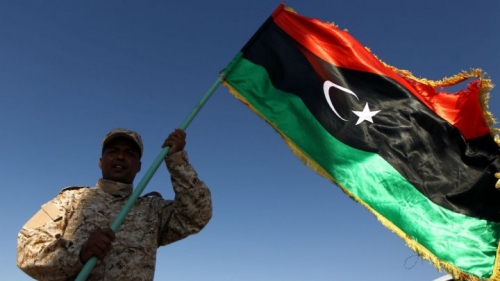
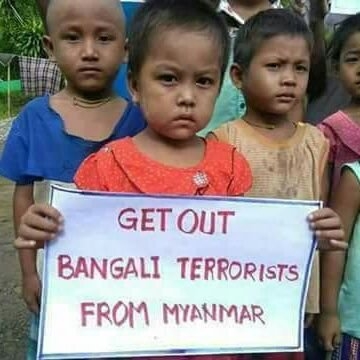 Modern Tokyo Times says, “In other words, just like Yazidis have been enslaved and raped by Sunni Islamists in Iraq, and the same Sunni Islamist Takfiri virus stating “Alawites to the grave, Christians to Beirut” in Syria, then the small mainly Buddhist tribe of the Mro equally face Islamist cleansing. Yet, if mass media corporations seek to be believed, then surely the Islamists of ARSA would be solely focused on the armed forces of Myanmar in order to protect Bengali Muslims. Instead, just like in Iraq where Sunni Islamists target Yazidis and other minorities who have no power – nor have persecuted Sunni Muslims – it seems that ARSA is following the Islamist mantra of cleansing, killing, and persecuting…Therefore, ARSA is threatening the small mainly Buddhist tribe of the Mro who number between 20,000 and 40,000 people. At the same time, Bengali Hindus caught in the path of ARSA also face the Islamist sword.”
Modern Tokyo Times says, “In other words, just like Yazidis have been enslaved and raped by Sunni Islamists in Iraq, and the same Sunni Islamist Takfiri virus stating “Alawites to the grave, Christians to Beirut” in Syria, then the small mainly Buddhist tribe of the Mro equally face Islamist cleansing. Yet, if mass media corporations seek to be believed, then surely the Islamists of ARSA would be solely focused on the armed forces of Myanmar in order to protect Bengali Muslims. Instead, just like in Iraq where Sunni Islamists target Yazidis and other minorities who have no power – nor have persecuted Sunni Muslims – it seems that ARSA is following the Islamist mantra of cleansing, killing, and persecuting…Therefore, ARSA is threatening the small mainly Buddhist tribe of the Mro who number between 20,000 and 40,000 people. At the same time, Bengali Hindus caught in the path of ARSA also face the Islamist sword.”



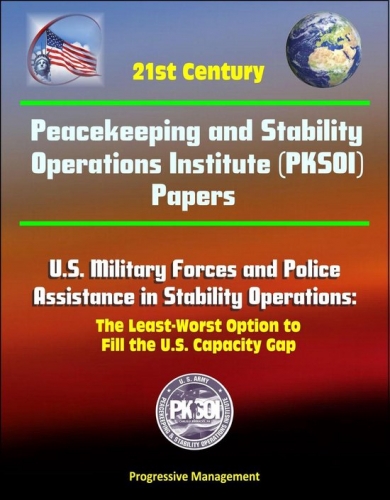

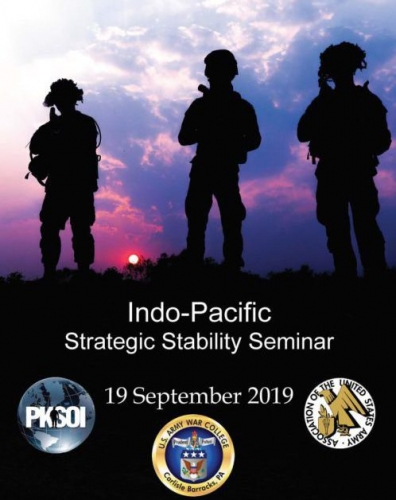
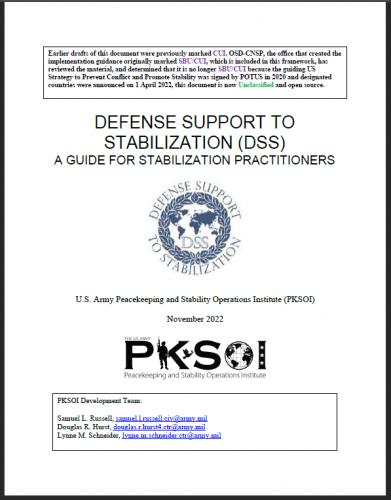

 del.icio.us
del.icio.us
 Digg
Digg